Porsche Taycan, the first purely electrically driven sports car, is currently completing its final test drives before it enters series production.
In Scandinavia, just a few kilometres away from the Arctic Circle, it is proving its potential in terms of driving dynamics on snow and ice.
At the same time, Porsche engineers are taking advantage of the summer in the Southern Hemisphere. In South Africa, they are conducting performance tests, as well as final adjustments in terms of continuous performance and reproducibility.
In Dubai they are carrying out hot-climate endurance runs and testing battery charging under extreme conditions. The 30 countries across the globe in which these comprehensive tests are being carried out have temperatures that range from minus 35 to plus 50 degree Celsius.
Overall distance covered: Approximately six million kilometres, of which two million were endurance run kilometres
Countries: A total of 30, including the USA, China, the United Arab Emirates (UAE) and Finland
Temperatures: From minus 35 to plus 50 degree Celsius
Air humidity: From 20 to 100 per cent
Altitude: From 85 metres below to 3,000 metres above sea level
Charging cycles: Over 100,000 using various charging technologies across the globe
Development team: Around 1,000 test drivers, technicians and engineers
The vice president of the model line, Stefan Weckbach, explains:
“After carrying out computer simulations and comprehensive bench tests early on, we have now reached the final phase of this demanding testing programme. Before the Taycan is launched on the market at the end of the year, we will have covered approximately six million kilometres across the globe. We are already very happy with the current status of the vehicles. The Taycan is going to be a true Porsche.”
Of course, at Porsche, electric cars have to undergo the same rigorous testing programme as sport cars with combustion engines.
The Taycan accelerates from zero to 100 km/h in significantly less than 3.5 seconds. It has a range of more than 500 kilometres (according to the NEDC). The 800-V architecture in the vehicle guarantees that the lithium-ion battery can be recharged in just four minutes, providing enough energy to drive 100 kilometres (according to NEDC).
Images credit Porsche
source Porsche

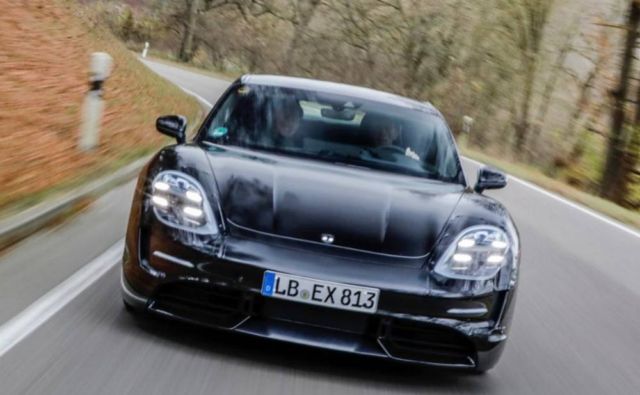
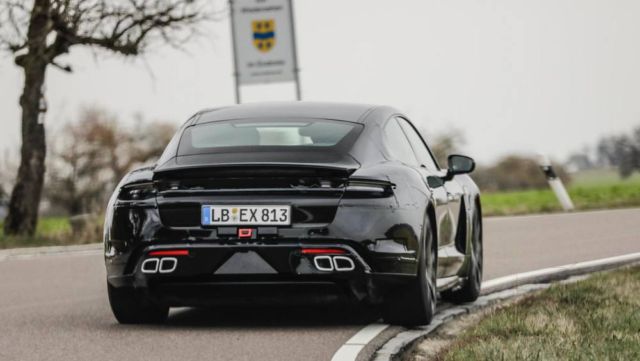
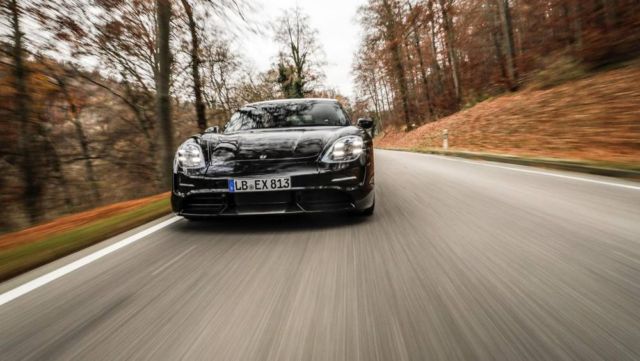

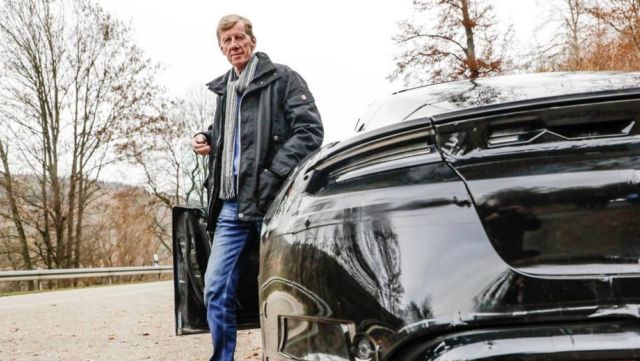
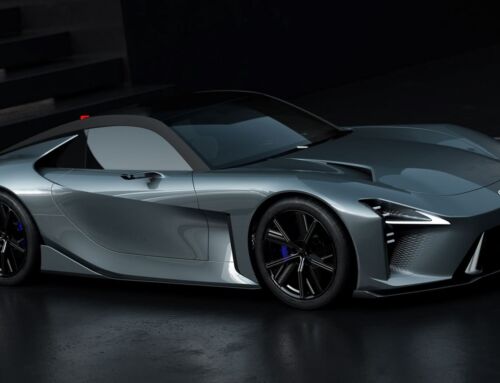
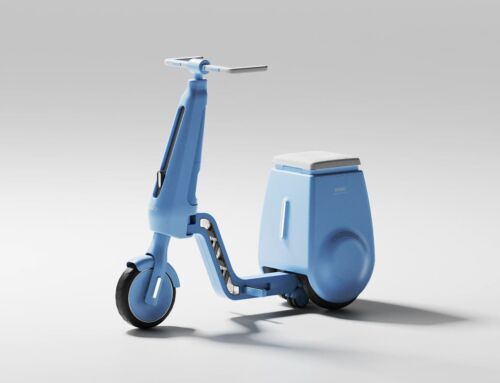
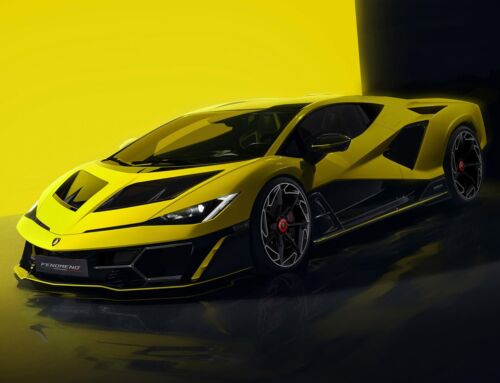
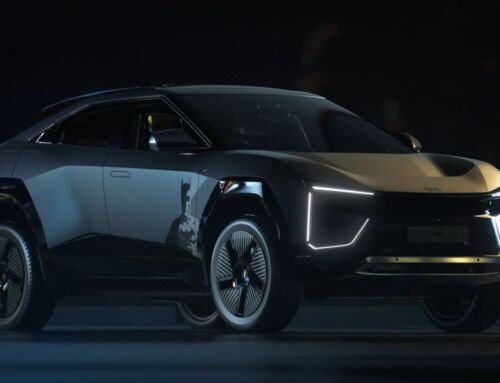
Leave A Comment